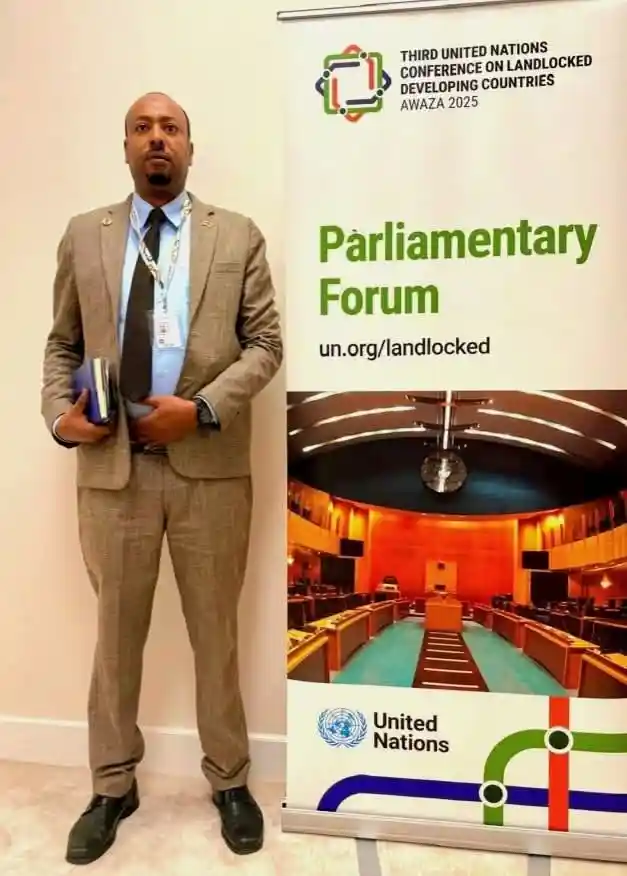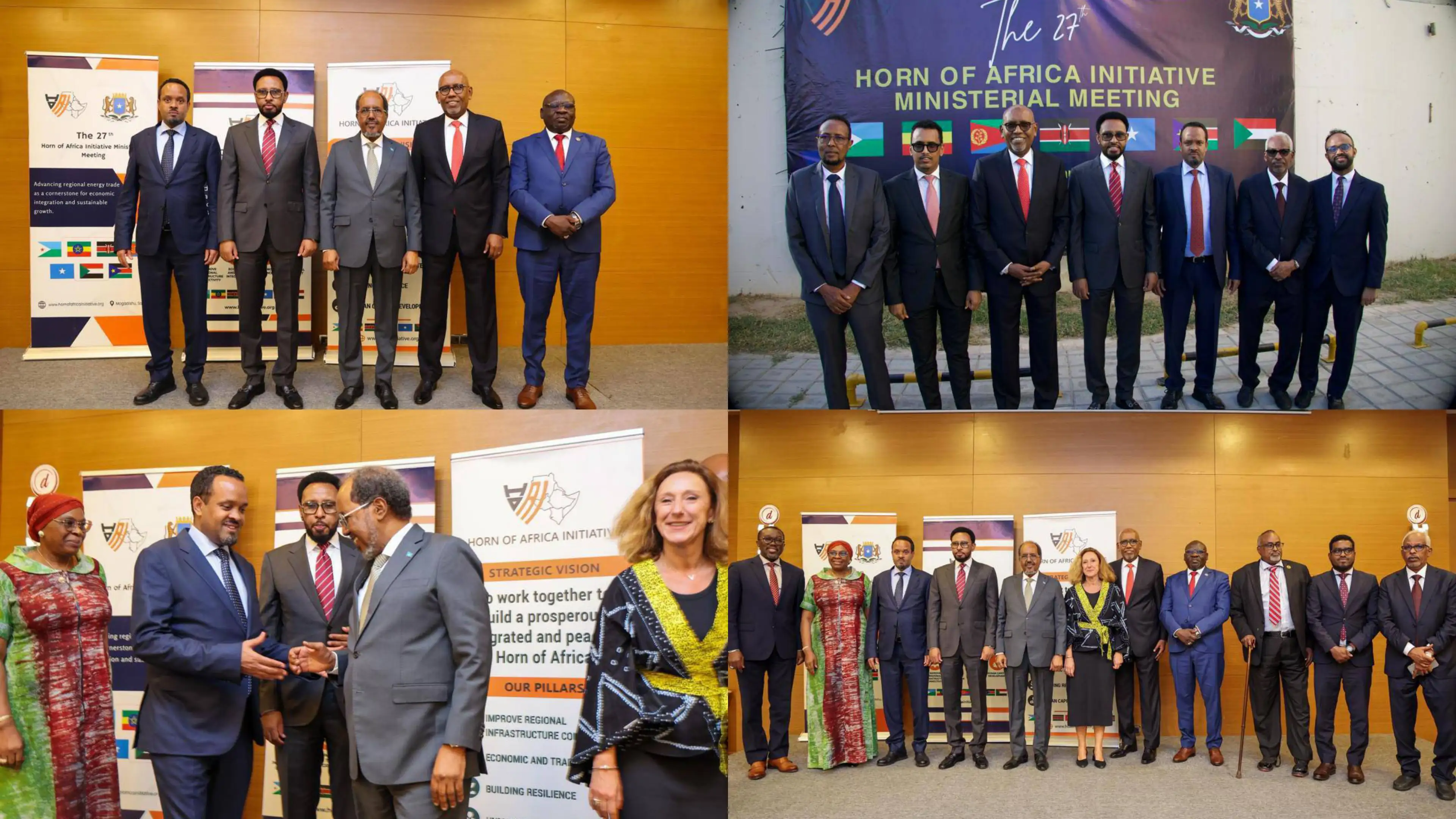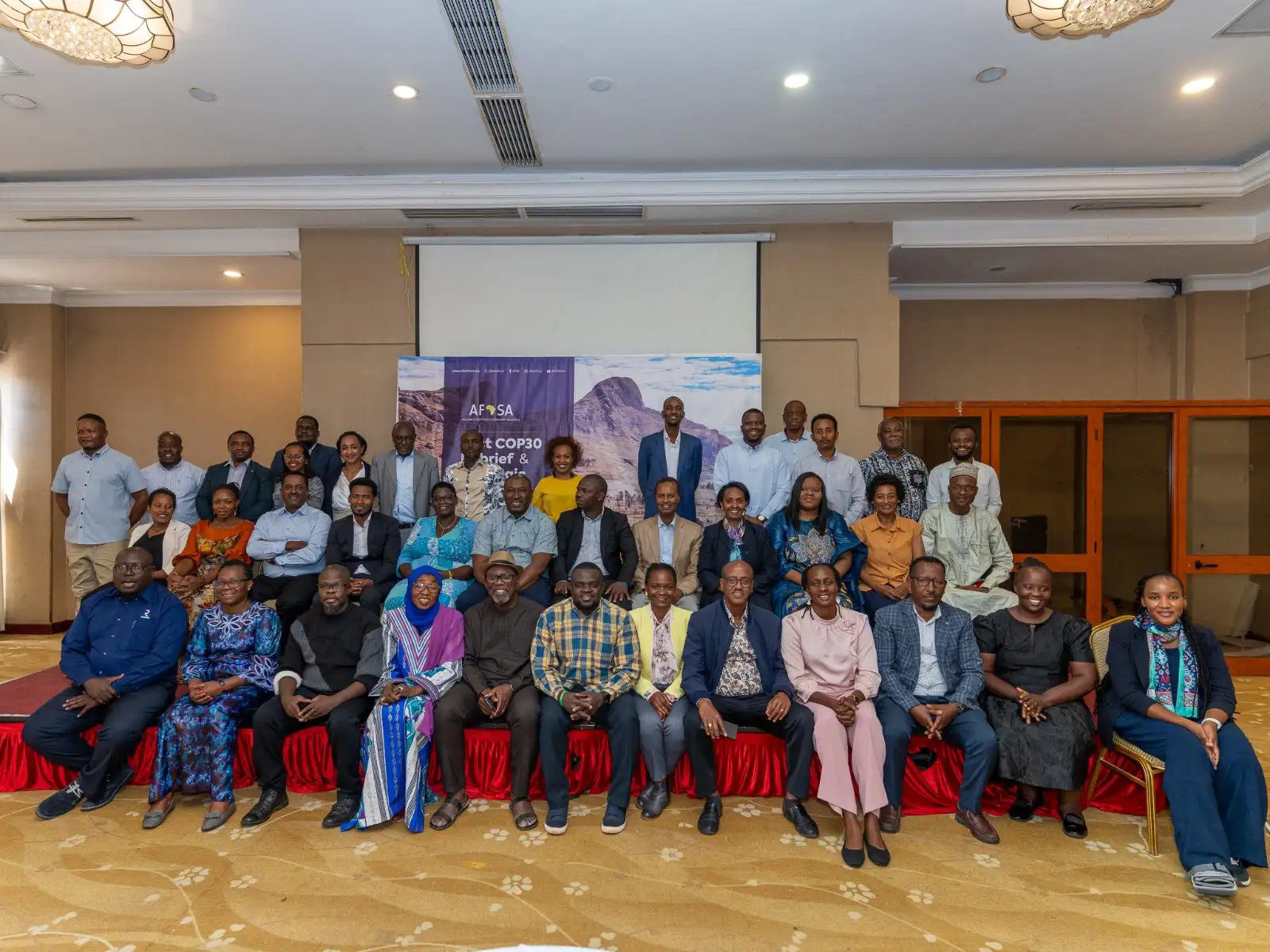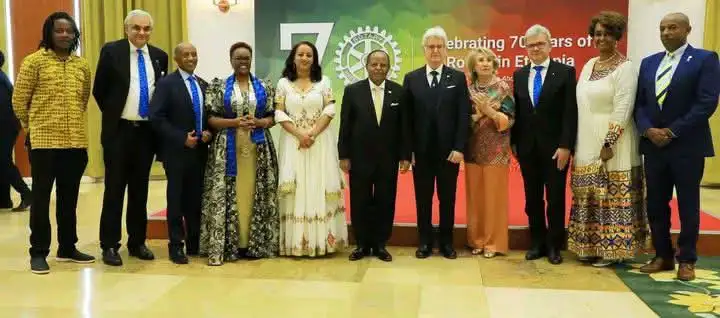Addressing the Parliamentary Forum in Awaza, Turkmenistan, Fathe Mahdi Wozir (PhD), Vice Chairman of the Foreign Relations and Peace Affairs Standing Committee with the Ethiopian House of Peoples Representatives, passionately advocated for equitable trade practices and the critical role of parliamentarians in shaping a multilateral trading system that benefits all nations, particularly those disadvantaged by geography.
Speaking from the perspective of a landlocked nation, Fathe highlighted the significant economic, security, and political challenges Ethiopia faces due to its lack of direct territorial access to the sea, despite being a mere 60 kilometres from the Red Sea.
He emphasised that this disadvantage imposes prohibitive transit transport costs, eroding competitiveness, inflating prices, and hindering participation in global value chains.
"Implementation of the right of all states to access and utilise maritime resources requires strong, innovative, and inclusive legislative action," stated Fathe.
He underscored the crucial role of parliamentarians as architects of legislation, custodians of accountability, and the direct voice of their constituencies, emphasising their responsibility to ensure international trade frameworks translate into tangible benefits for their countries.
Ethiopia has ambitious goals to expand its merchandise export revenue from USD 3 billion to USD 18.3 billion by 2030, while also increasing its foreign trade destinations from 37 to 96.
Fathe asserted that achieving these goals hinges on guaranteed and secure territorial access to the sea.
To this end, Fathe Mahdi outlined three interrelated legislative and oversight functions undertaken by the Ethiopian House of People's Representatives.
First, he emphasised the importance of parliaments ensuring the executive branch negotiates favourable agreements that guarantee secure, predictable, and robust maritime access, prioritising efficiency, reducing bureaucratic hurdles, and including provisions for infrastructure development.
Second, he stressed the need for increased investment in connectivity infrastructure, both physical infrastructure such as roads and railways, and soft infrastructure like customs efficiency and digital logistics.
He argued that parliaments should strategically guide and allocate resources for cross-border infrastructure development, while also supporting public-private partnerships.
Third, Fathe highlighted the oversight role of parliamentarians in supporting enhanced trade that aligns with national development strategies.
He cited Ethiopia's commitment to the African Continental Free Trade Area (AfCFTA) and the ongoing efforts to join the World Trade Organisation (WTO), where the country has entered the fifth-round negotiation process.
He emphasised the critical role of trade oversight committees, periodic reporting from trade negotiators, and stakeholder consultations in ensuring these processes are transparent and beneficial for the nation.
"Parliaments are indispensable engines of change, champions of transparency, and guarantors of accountability. We must proactively shape our legislation, rigorously oversee policy implementation, and strategically allocate resources to ensure a fair and equitable global trading system that leaves no nation behind,” Fathe concluded.




